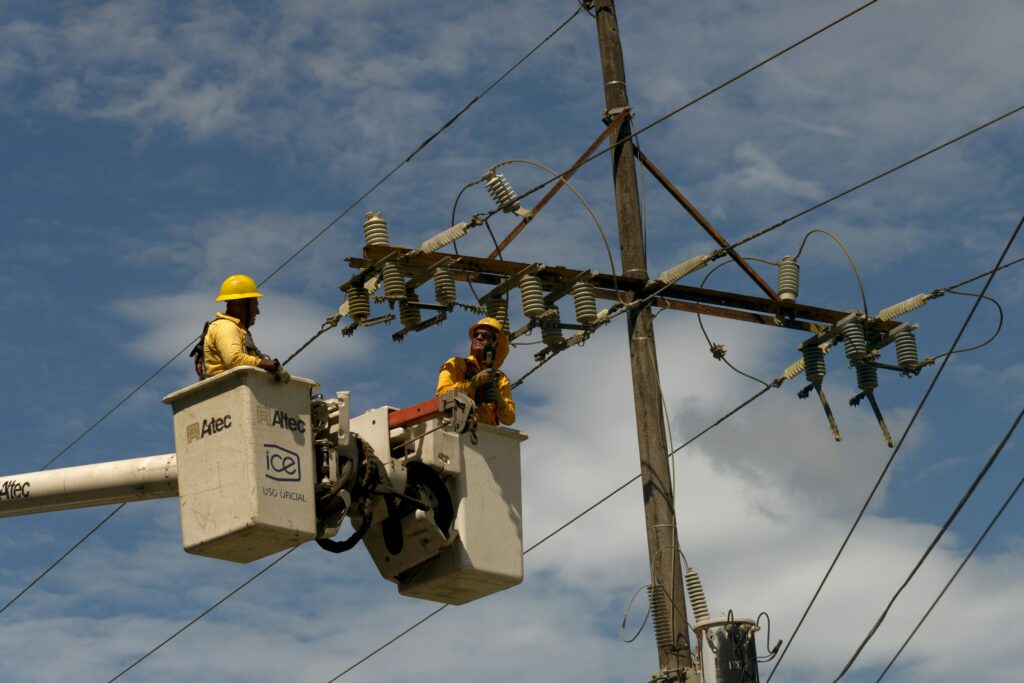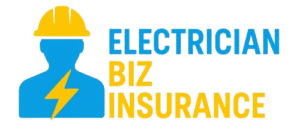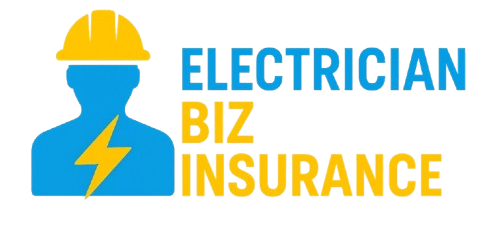What Insurance Does My Electrician Subcontractor Need?

What Insurance Does My Electrician Subcontractor Need?

Hiring an electrician subcontractor is a smart way to expand your service offerings or complete a large-scale electrical job. But before they set foot on your jobsite, there’s a critical question to ask: what insurance does my electrician subcontractor need? Whether you’re a general contractor, property developer, or running an electrical firm, knowing your subcontractor carries the right insurance protects your business from financial risk, legal headaches, and unexpected liabilities.
Many business owners assume the subcontractor’s license is enough—but it’s not. To ensure your project is covered from start to finish, the subcontractor must carry their own electrician insurance, and it must match the risks of the job you’re hiring them for.
Why Subcontractor Insurance Matters More Than Ever
In today’s highly regulated and litigious environment, ensuring your subcontractors are licensed and insured electricians isn’t just good practice—it’s a necessity. If your subcontractor causes property damage, injures someone, or fails to complete their portion of the job correctly, your business could be on the hook.
That’s why verifying the right types of electrician liability insurance is essential. It not only protects your project but also shields your company from lawsuits and project delays. You should never assume that your own business electrician insurance will extend to subcontractors—it usually doesn’t.
Essential Insurance Policies Every Electrician Subcontractor Should Have
At minimum, a subcontractor should carry these key policies:
First, general liability insurance for electricians is non-negotiable. This covers third-party claims involving bodily injury or property damage. Whether they accidentally drill into plumbing while wiring a panel or someone trips over their tools, this policy covers the cost.
Next, if they bring tools or equipment on site, they’ll need electrician tool insurance or electrician equipment insurance. This protects both of you in case of jobsite theft or damage.
If the subcontractor has employees or helpers, they are legally required—especially in California—to carry electrician workers compensation insurance. This covers injuries like electric shocks or ladder falls, and helps you stay compliant on-site.
If the subcontractor provides design, consultation, or system layout services, they should also hold electrician professional liability insurance (also known as E&O). This protects you if their professional advice results in costly mistakes.
For mobile subcontractors using vans or trucks, electrician business auto insurance is necessary. Personal auto coverage won’t apply on work-related trips, especially when carrying gear or staff.
Ensuring Subcontractor Compliance with State Laws
If you’re operating in California—or hiring an electrician subcontractor in California—the insurance requirements are even stricter. Subcontractors must be licensed and have minimum levels of liability and workers’ comp coverage.
Make sure your subcontractor’s insurance complies with your state’s laws. For California-specific guidelines, check out Western Insurance’s Electrician Insurance California page, which outlines local requirements in detail.
In other states like Texas, Florida, or Massachusetts, electrician insurance requirements vary, but electrician liability insurance is usually mandatory for licensed professionals taking subcontract work.
Customizing Coverage Based on Project Scope
Depending on the size and duration of your project, your subcontractor may need additional or temporary policies. For short-term engagements, daily electrician insurance, hourly electrician liability insurance, or one-day electrician insurance options are available. These are especially helpful for smaller subcontractors or self-employed professionals working on a per-project basis.
For ongoing contracts, ensure their electrician insurance quote includes ongoing liability, property, and tool coverage for the full scope of the work.
At Western Insurance, we specialize in helping contractors and subcontractors secure customized electrician insurance that meets the needs of any jobsite or partnership.
What to Ask for Before Hiring
Always request a Certificate of Insurance (COI) that lists your business as an additional insured. This ensures that if a claim arises from their work, your business is also protected under their policy.
Ask for proof of:
Electrician general liability insurance
Electrician workers compensation insurance (if they have employees)
Electrician business auto insurance (if driving work vehicles)
Electrician tool and equipment insurance
Electrician professional liability insurance (if applicable)
Also confirm that their policies are current, active, and carry limits appropriate for the job.
Final Thoughts: Cover Everyone Involved
So, what insurance does my electrician subcontractor need? At the very least, they should carry general liability, workers’ comp (if applicable), and tool coverage. Larger projects or design work may require auto, umbrella, or professional liability insurance.
By working only with insured electricians and verifying their coverage, you avoid costly mistakes, jobsite delays, and legal exposure. Want help navigating subcontractor requirements or issuing COIs? Let the experts at Western Insurance guide you through the process with tailored electrician business insurance solutions for every scenario.

